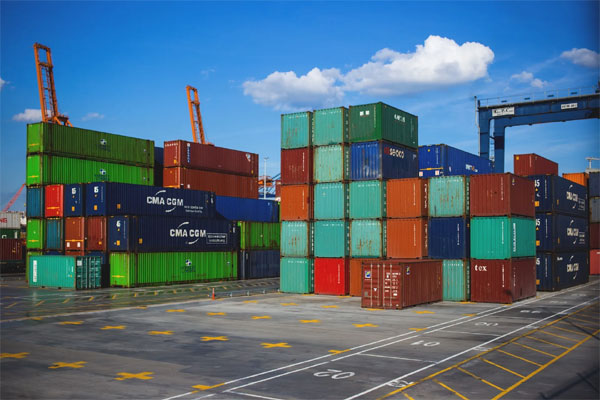Daijiworld Media Network - New Delhi
New Delhi, Jul 30: India on Wednesday acknowledged US President Donald Trump’s announcement of a 25% tariff on Indian exports starting August 1, stating that it is assessing the impact and will take appropriate measures to protect the country’s economic interests.
In a statement, the Commerce Ministry said India remains committed to achieving a fair, balanced, and mutually beneficial trade agreement with the United States, despite recent developments.
"We remain committed to that objective. The government attaches the utmost importance to protecting and promoting the welfare of our farmers, entrepreneurs, and MSMEs," the ministry stated.

The response follows Trump’s declaration on his platform, Truth Social, where he accused India of maintaining high tariffs and restrictive trade barriers, and buying large volumes of energy and defense equipment from Russia, despite global pressure to isolate Moscow over the Ukraine conflict.
"India will be paying a tariff of 25 percent, plus a penalty... starting on August 1," Trump posted, criticising India’s trade practices and defense purchases from Russia.
He claimed India had "the most strenuous and obnoxious non-monetary Trade Barriers of any Country."
The "penalty" he referred to is part of a broader secondary tariff system targeting countries that continue purchasing energy from Russia. Trump has previously warned of 100% tariffs on such nations if Russia does not cease hostilities in Ukraine.
In its response, the Indian government highlighted its track record of protecting national interests in trade deals, referencing the recent Comprehensive Economic and Trade Agreement (CETA) signed with the UK.
One of the major sticking points in ongoing US-India trade talks has been the demand for greater access to India’s agricultural markets, which New Delhi has resisted to safeguard its domestic farming sector, a critical part of its economy.
India’s measured response signals its intention to continue diplomatic engagement while preparing to shield key sectors — including MSMEs, agriculture, and exports — from the fallout of the new US tariff policy.